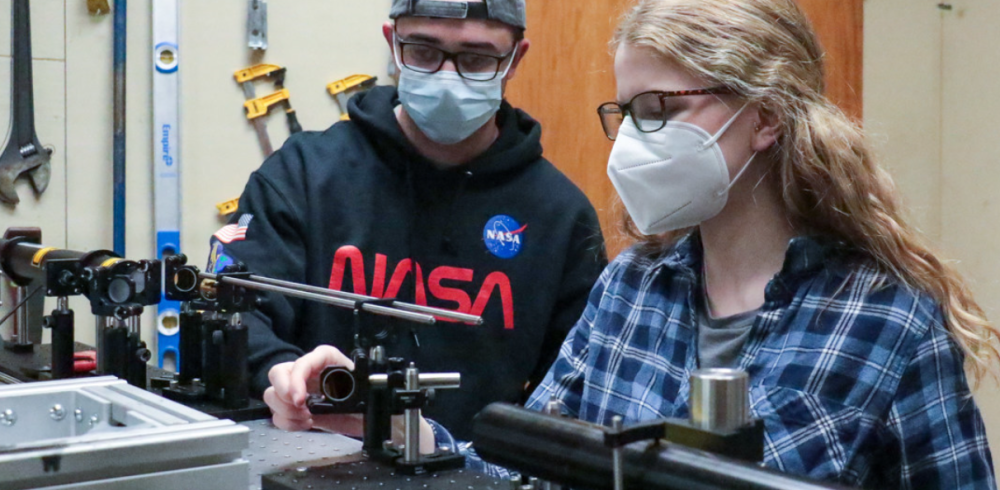Researchers led by the University of Central Florida (UCF) and funded by a $10 million NASA University Leadership Initiative are aiming to accelerate aviation sustainability by examining the role ammonia could play as an alternative to fossil jet fuel – and now have help from simulation specialists Ansys.
The project aims to develop zero-carbon jet engines using liquid ammonia (NH3) as a more sustainable fuel for aircraft.
Technology company Ansys’ simulation solutions will be used as a key enabler of the project to both validate the use of ammonia and achieve the outcome within the desired timeline.
“We want to create a scalable solution for cleaner aviation and with Ansys’ cooperation we will get there faster,” said Jay Kapat, the lead investigator of the project and an engineering professor at UCF.
“We would not be able to authenticate the use of liquid ammonia as a reliable and alternate fuel without the sophistication and capability of Ansys’ fluids simulation tools.”
In addition to the sustainability of ammonia, it is naturally liquid at high altitudes, easier to handle than hydrogen, and does not require additional storage. In contrast, hydrogen requires special handling at high altitudes, thermal management, and ample on-board cryogenic storage. However ammonia has a lower energy density than hydrogen.
“Simulation is reshaping a cleaner future in many industries, and today we applaud its continued impact on aviation with this exciting new project made possible by UCF and NASA. Simulation enables companies to save resources, energy and emissions before products are ever built; and build more energy-efficient products and processes that have far-reaching sustainability impacts,” said Prith Banerjee, chief technology officer at Ansys and executive sponsor of Ansys’ academic and sustainability programmes.
Manufacturing & Engineering Magazine | The Home of Manufacturing Industry News









